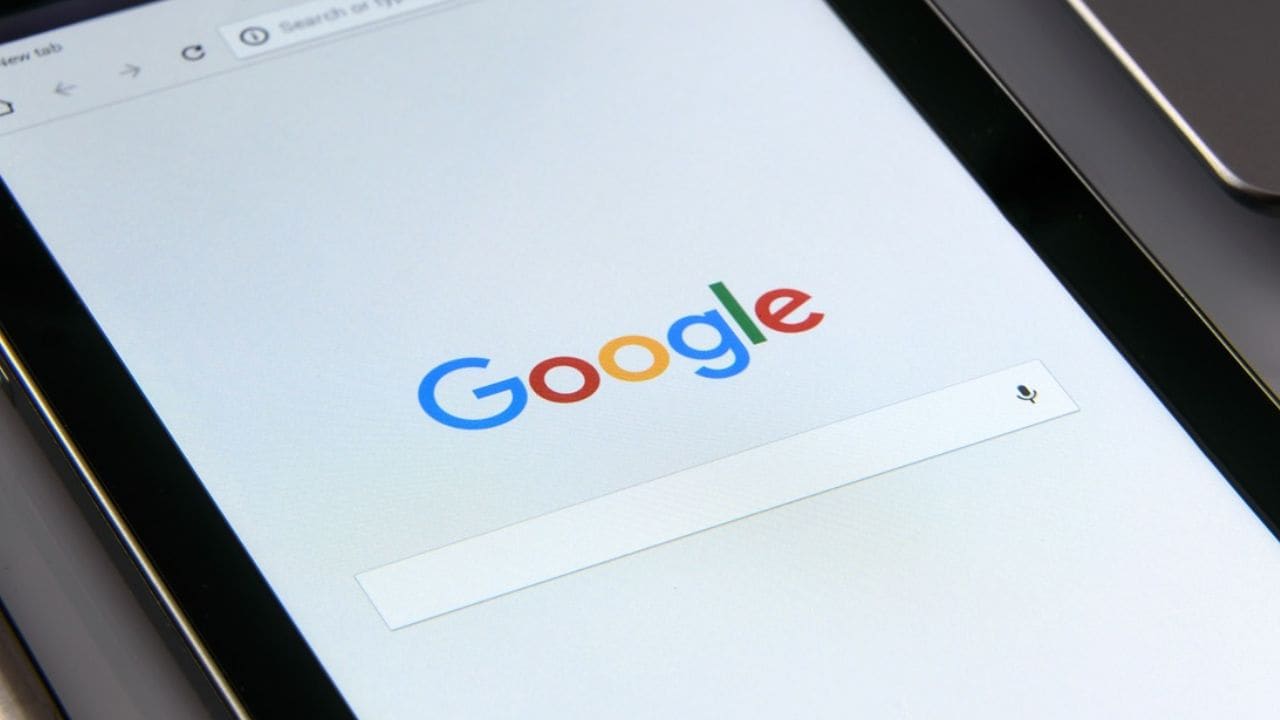OpenAI would consider acquiring Google’s Chrome browser if antitrust regulators compel Alphabet to divest the product, a senior executive at the artificial intelligence company said Tuesday, offering a rare glimpse into how competitors are positioning themselves amid the landmark antitrust case against Google.
Read more: A watershed judgment: Google illegally monopolised adtech, says US judge
Read more: Google settles Android TV antitrust probe with ₹20.24 crore payout to CCI
Nick Turley, head of product for ChatGPT at OpenAI, disclosed the potential interest during testimony in the Justice Department’s ongoing trial against Google. The federal government is seeking to dismantle what it argues is an unlawful monopoly in online search and related advertising. U.S. District Judge Amit Mehta ruled last year that Google had indeed monopolized the sector. Google has said it intends to appeal the ruling.
Google has not indicated that Chrome, which dominates the browser market, is for sale. However, Turley’s testimony highlights how a forced divestiture could reshape the broader technology landscape.
Turley told the court that OpenAI had approached Google last year seeking to integrate Google’s search API into ChatGPT, following difficulties with its existing search provider, which he did not name, Reuters reported. The report stated, according to internal emails presented during the trial, OpenAI reached out to Google in July 2023, expressing that access to Google’s search technology could help improve ChatGPT’s performance. Google declined the request a month later, citing concerns about enabling a competitor.
Turley testified that OpenAI currently has no partnership with Google. ChatGPT instead uses Microsoft’s Bing technology to supplement its responses with real-time data.
The Justice Department has proposed that Google be required to share its search data with competitors as a remedy for restoring market competition. Turley said such a measure could significantly enhance ChatGPT’s capabilities, particularly in delivering up-to-date, accurate information, the report added.
In its defense, Google has emphasized that the case is not about artificial intelligence, pointing to the increasing presence of competitors such as Microsoft and Meta. Prosecutors, however, have argued that Google’s dominance in search could give it an unfair advantage in emerging AI markets, where search capabilities are deeply intertwined with product performance.
The trial has also illuminated internal Google documents that suggest the company had considered expanding exclusive agreements with smartphone manufacturers like Samsung. These deals would have included not only its search application but also its Gemini AI assistant and Chrome browser. While such agreements were not ultimately pursued, Google did enter more flexible arrangements with device makers including Samsung and Motorola.
Google has pointed to these more recent, non-exclusive deals as evidence of its willingness to foster competition. But the Justice Department contends that more sweeping remedies are necessary. Among them: a ban on Google making substantial payments to secure default search status on devices.
The trial, which continues in Washington, is one of the most consequential antitrust challenges brought against a technology company in decades, with potential implications that stretch far beyond search.
Read more: U.S. Court finds Google guilty of monopolizing digital AdTech market
